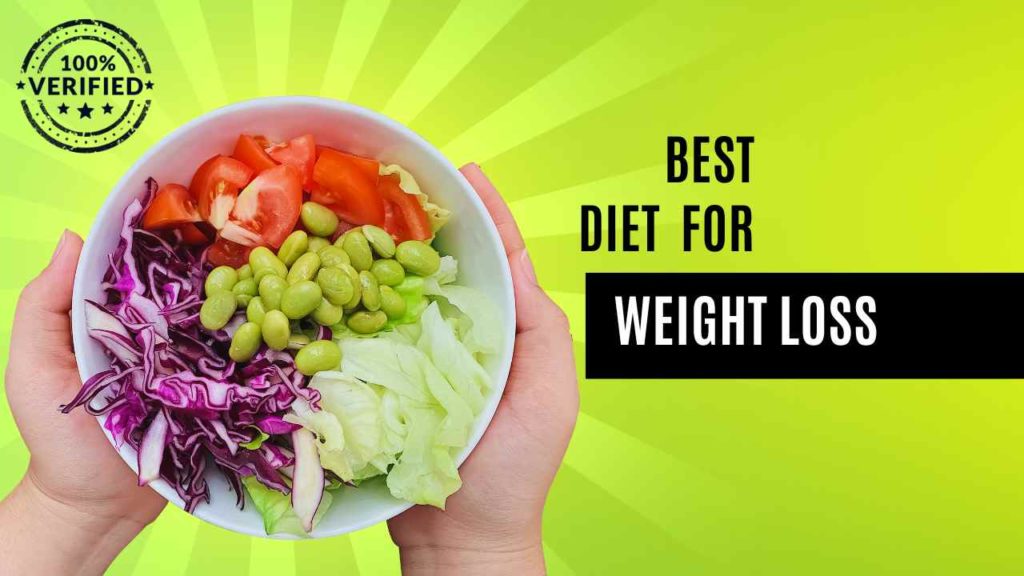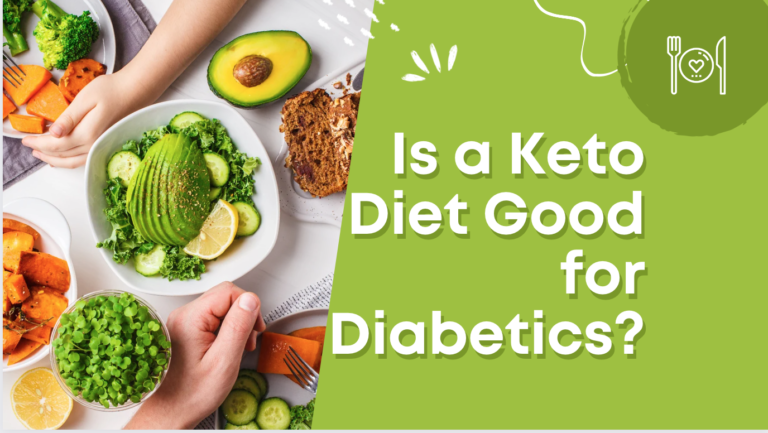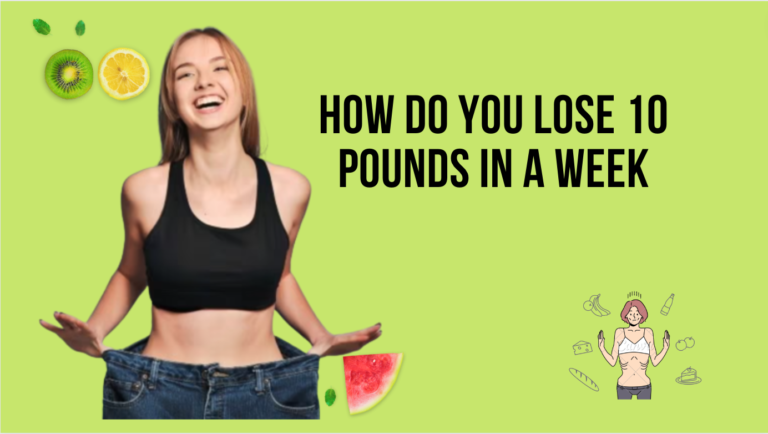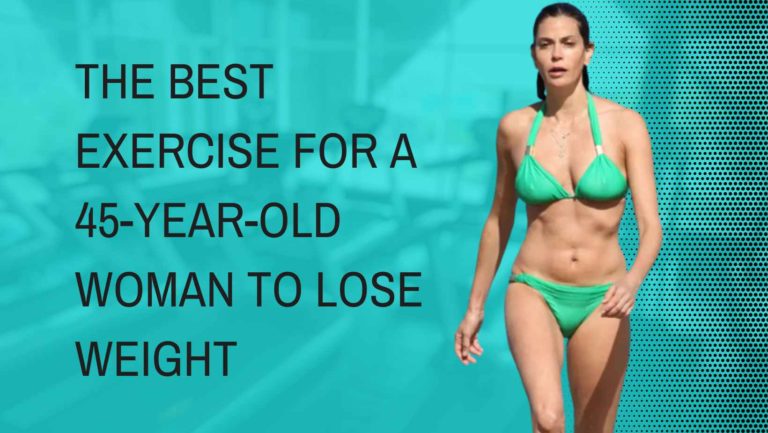The Ultimate Guide: How do I Lose Fat With Foods?
“Welcome to our guide on ‘How do I lose fat with foods?’ In today’s health-conscious world, understanding the role of nutrition in weight loss is crucial. This comprehensive resource is designed to provide you with practical insights and effective strategies to shed excess fat by making smart food choices. We’ll explore the science behind fat loss, debunk common myths, and present a variety of foods that can aid in your weight loss journey.
Whether you’re a fitness enthusiast, looking to adopt a healthier lifestyle, or just curious about the impact of food on your body, this guide is tailored to empower you with the knowledge needed to achieve your fat loss goals naturally and sustainably. Let’s embark on this journey to a healthier, happier you!”
The Importance of Diet in Fat Loss
The importance of diet in fat loss cannot be overstated. While exercise is a valuable component of a healthy lifestyle, ” abs are often made in the kitchen.” This means that what you eat is fundamental in determining whether you lose or gain fat.

Calories in versus calories out is a crucial principle, and the types of foods you consume matter significantly. A balanced and calorie-controlled diet helps create the necessary calorie deficit for fat loss. It provides your body with the nutrients and energy it needs to function optimally during your weight loss journey. Therefore, making mindful dietary choices is key to achieving and maintaining your fat loss goals.
How do I Lose fat With Food?
Losing fat with foods involves making strategic dietary choices supporting fat loss while maintaining a balanced and sustainable eating plan. Here are some essential tips to help you lose fat with foods:
Calorie Deficit:
To lose fat, you must consume fewer calories than your body burns. Calculate your daily caloric needs and create a calorie deficit by eating slightly fewer calories than you burn through daily activities and exercise.
Protein-Rich Foods:
Include lean protein sources like chicken, turkey, fish, tofu, beans, and lentils in your diet. Protein helps maintain muscle mass, promotes satiety, and burns more calories during digestion.
High-Fiber Foods:
Foods rich in fiber, such as whole grains, fruits, vegetables, and legumes, keep you full and satisfied, reducing the urge to overeat.
Healthy Fats:
Include sources of healthy fats like avocados, nuts, seeds, and olive oil in your diet. These fats can help control hunger and support overall health.
Portion Control:
Be mindful of portion sizes to prevent overeating. Use smaller plates and listen to your body’s hunger cues to avoid excess calories.
Limit Sugary and Processed Foods:
Minimize or eliminate sugary beverages, sweets, and processed foods, as they often contain empty calories and can lead to weight gain.
Stay Hydrated:
Drink plenty of water throughout the day. Sometimes thirst is mistaken for hunger, so staying hydrated can help prevent unnecessary snacking.
Meal Timing:
Consider spreading your meals throughout the day to maintain steady energy levels and control hunger. Avoid large, heavy meals close to bedtime.
Cook at Home:
Cooking your meals allows you to control ingredients and portion sizes. It also reduces the temptation of unhealthy takeout options.
Balanced Diet:
Ensure your diet includes a variety of nutrients from different food groups, including fruits, vegetables, lean proteins, whole grains, and healthy fats.
Fat-Burning Foods to Lose Fat
While no magic food will melt fat away, certain foods can support your fat-loss efforts by boosting metabolism, promoting satiety, and providing essential nutrients. Here are some fat-burning foods to incorporate into your diet:
- Lean Protein: Foods like chicken breast, lean beef, fish, tofu, and legumes are high in protein. Protein requires more energy to digest, helping you burn more calories and feel full longer.
- Berries: Berries like blueberries, strawberries, and raspberries are rich in fiber and antioxidants, aiding in weight management and reducing inflammation.
- Leafy Greens: Spinach, kale, and other leafy greens are low in calories and high in fiber and nutrients, making them ideal for weight loss.
- Whole Grains: Foods like quinoa, oats, and brown rice are complex carbohydrates that provide sustained energy and help control appetite.
- Spicy Foods: Capsaicin in chili peppers can temporarily increase metabolism and curb cravings.
- Green Tea: This beverage contains antioxidants called catechins, which may enhance fat burning and boost the overall metabolic rate.
- Greek Yogurt: High in protein and probiotics, Greek yogurt promotes fullness and supports a healthy gut.
- Nuts and Seeds: Almonds, walnuts, chia seeds, and flaxseeds provide healthy fats and protein, helping control hunger.
- Lean Dairy: Low-fat dairy products like milk and yogurt offer calcium and protein linked to fat loss.
- Fatty Fish: Salmon, mackerel, and trout are rich in omega-3 fatty acids, which may reduce fat storage and inflammation.
Foods to Avoid or Limit
To achieve successful fat loss, avoiding or limiting certain foods that can contribute to weight gain and hinder your progress is crucial. These include:
- Processed Foods: Highly processed snacks, fast food, and sugary cereals often contain excess calories, unhealthy fats, and added sugars.
- Sugary Beverages: Soda, energy drinks, and sweetened fruit juices can add empty calories and lead to weight gain.
- Trans Fats: Found in many packaged baked goods and fried foods, trans fats are harmful and should be avoided.
- Excessive Sweets: Limit candies, pastries, and desserts high in refined sugars.
- White Bread and Pasta: These refined grains lack fiber and can cause blood sugar spikes.
- Alcohol: High in calories and often leads to poor food choices when consumed excessively.
- Highly Caloric Snacks: Chips, cookies, and other high-calorie snacks should be consumed sparingly.
Final Thoughts
In conclusion, losing fat through dietary choices is possible and highly effective. Incorporating foods high in protein, fiber, and healthy fats into your diet can boost your metabolism, reduce cravings, and increase satiety. Additionally, avoiding processed foods and sugary beverages will help prevent weight gain and promote fat loss. Remember to practice portion control and maintain a balanced diet for long-term success. Start making healthier food choices today and watch the fat melt away!
FAQs
Q: Are there any foods that can directly burn fat?
A: While no food can magically burn fat alone, thermogenic foods like green tea, chili peppers, and ginger may slightly increase calorie expenditure.
Q: Should I avoid carbohydrates completely to lose fat?
A: Carbohydrates are an important energy source; instead of eliminating them entirely, focus on consuming complex carbs like quinoa or brown rice in moderation.







